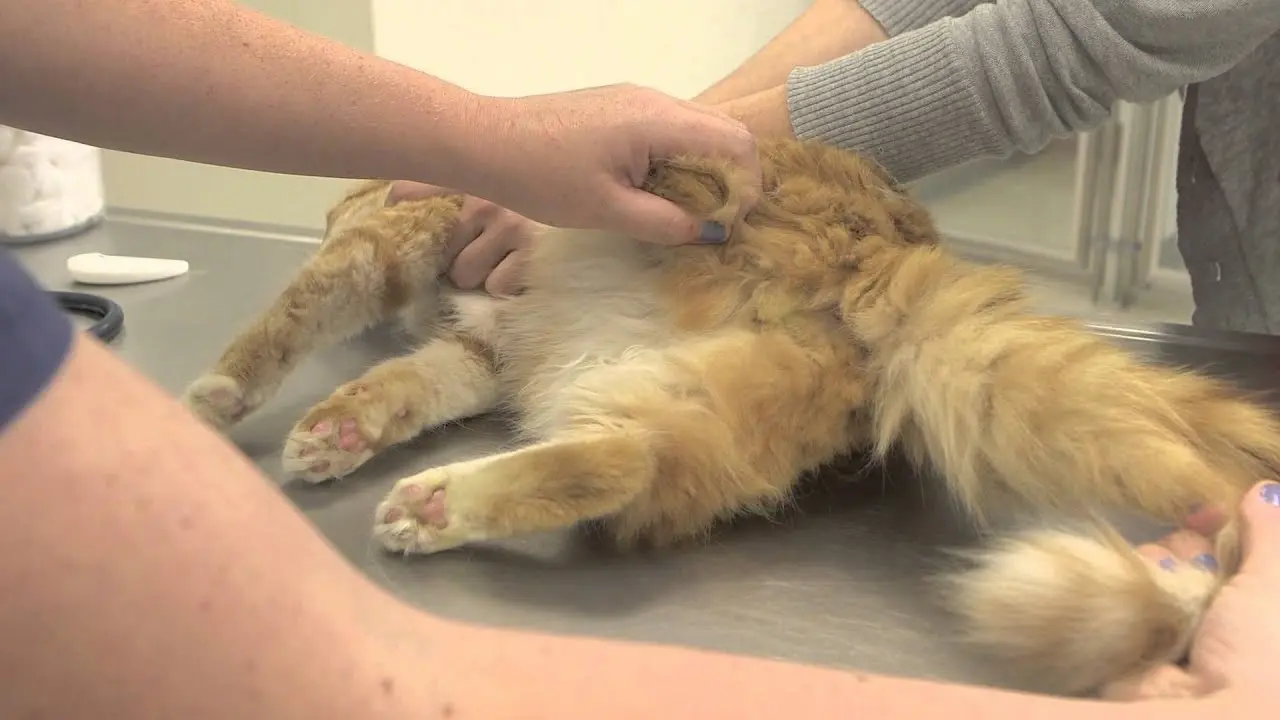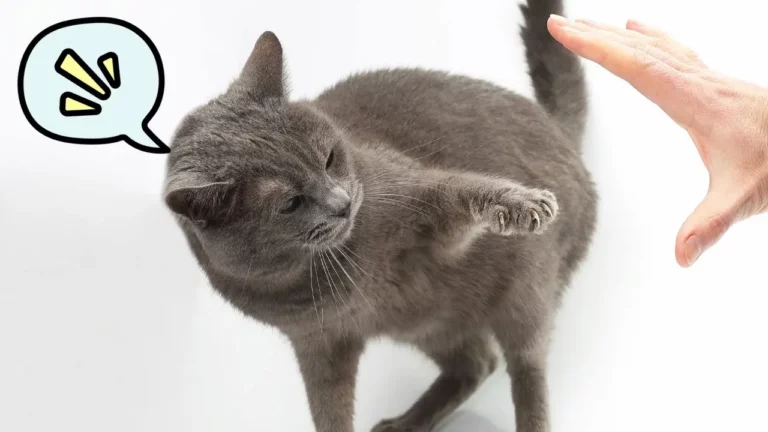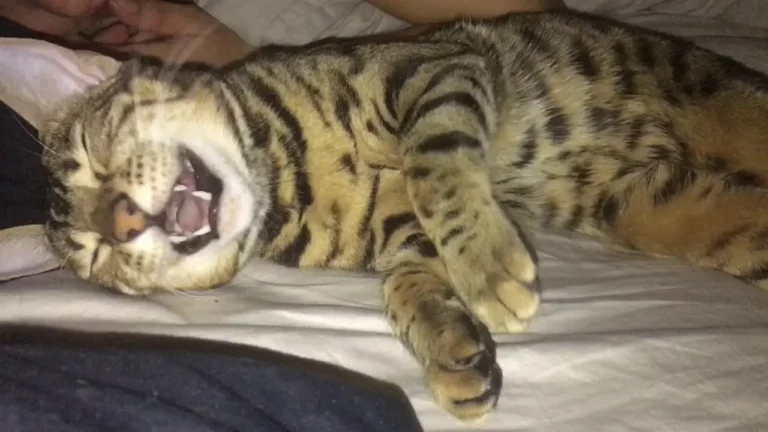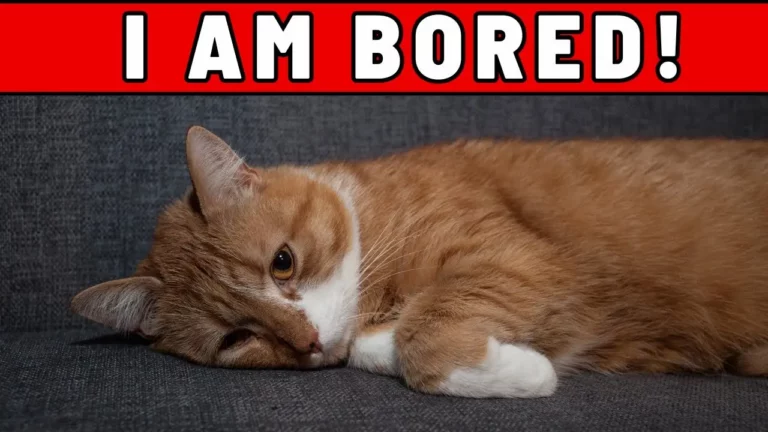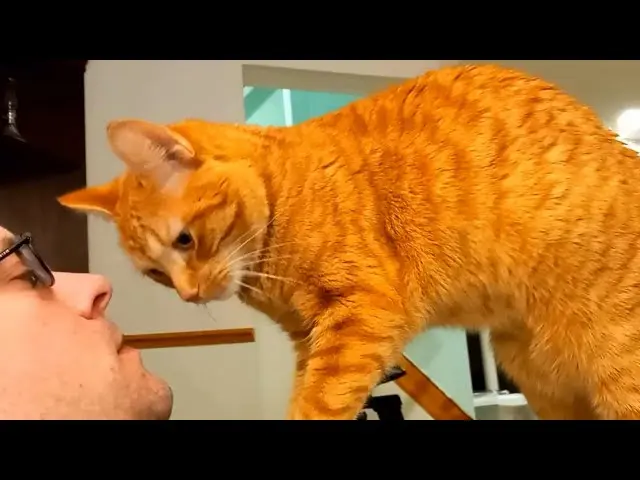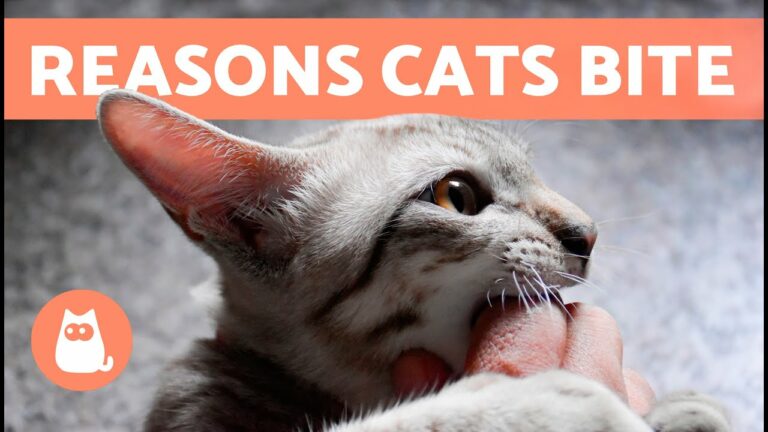Can Neutered Cats Still Mate? This Is What You Didn’t Know!
You might wonder if your neutered
When a
These actions are often more about habit or dominance rather than actual mating.
Understanding the changes your
Ready to explore how neutering impacts your
What Is Really Neutering?
Neutering, a common veterinary procedure, involves removing a
When you choose to neuter your
By eliminating the reproductive organs, you’re helping to control the pet population, which can be overwhelming and lead to many homeless cats.
In male cats, the procedure is called castration, where the testicles are removed.
For female cats, it’s known as spaying, which involves removing the ovaries and often the uterus.
Both surgeries are routine and generally carry low risk, especially when performed by a qualified veterinarian.
Post-surgery, your
The risks of certain cancers and infections decrease, and your
Neutering also helps reduce the number of unwanted kittens, which is important given the number of cats already in need of homes.
Changes in Behavior
Have you ever wondered how neutering might change your
One of the most noticeable differences is a reduction in aggression. Neutered cats are less likely to engage in fights with other animals, which means fewer injuries and trips to the vet.
You’ll also find that neutering can greatly reduce your
Another important change is a decrease in marking behavior. Unneutered cats often spray urine to mark their territory, which can be a major issue indoors.
Neutering usually reduces this behavior, leading to a cleaner and more pleasant living environment.
Mating Instincts Post-Surgery
After surgery, you’ll notice a notable decline in your
Without these hormones driving their actions, most cats lose the urge to mate.
You’ll likely observe a decrease in behaviors like yowling, roaming, and marking territory, which are typically associated with the desire to find a mate.
However, it’s important to recognize that some residual behaviors might persist for a short period after surgery.
These behaviors can be due to hormone levels still present in your
Over time, these levels will drop, and the mating instincts should diminish altogether.
Occasionally, you might see a neutered
Understanding these changes can help you adjust your expectations and provide the best care for your
Remember, neutering is a beneficial procedure for your
Managing Your Neutered Cat
Properly managing your neutered
After neutering, your
They’ll likely become less aggressive and more affectionate.
You might notice a decrease in roaming and territorial marking, making them more home-focused.
To keep your neutered
Neutered cats can gain weight more easily, so opt for high-quality, portion-controlled food.
Regular playtime is important to keep them physically active and mentally stimulated.
Toys, interactive games, and climbing structures can help maintain their agility and prevent boredom.
Routine vet visits are essential to monitor your
Keep an eye on their litter box habits; changes might indicate health problems.
Grooming is also important. Brush them regularly to prevent matting and hairballs, especially if they’ve long fur.
Conclusion
To sum up, neutered cats can’t mate because the surgery removes the hormones driving those behaviors. You’ll likely see fewer instances of yowling, roaming, and marking, making your home more peaceful.
While some habits like mounting might linger briefly, it’s usually about dominance or routine, not mating. Neutering your
Embrace the change and enjoy the calmer environment.
